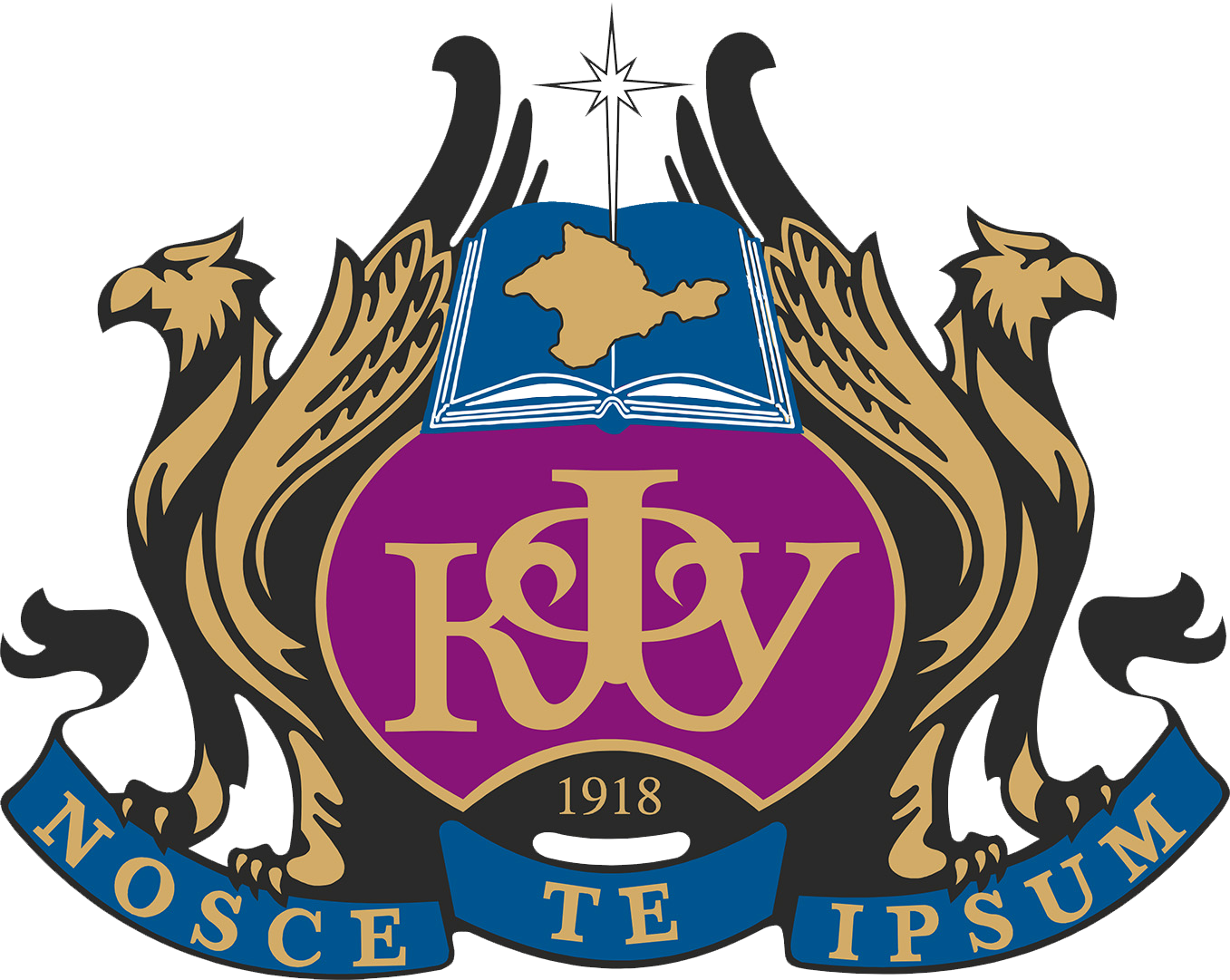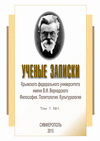article demonstrates how deep maps transform the approach to studying space in the humanities, making it more layered and complex. Unlike traditional maps, deep maps incorporate cultural and emotional aspects, helping to better understand and preserve cultural heritage.
deep maps, spatial turn, cultural contexts, cultural heritage, geographic information systems (GIS)
1. Marks K., Engel's F. Soch., 2-e izd. t.3. – M., 1955. – 630 s.
2. Marks K., Engel's F. Soch., 2-e izd. t.4. – M., 1955. – 615 s.
3. Lebedev S.A. Filosofiya nauki: Slovar' osnovnyh terminov – M.: Akademicheskiy Proekt. 2004. – 316 s.
4. Popper K. Logika i rost nauchnogo znaniya. – M.: «Progress», 1983. – 605 s.
5. Lazarev F.V., Novoselov M.M. Materialisticheskaya dialektika kak obschaya teoriya razvitiya. – M.: «Nauka», 1982.





